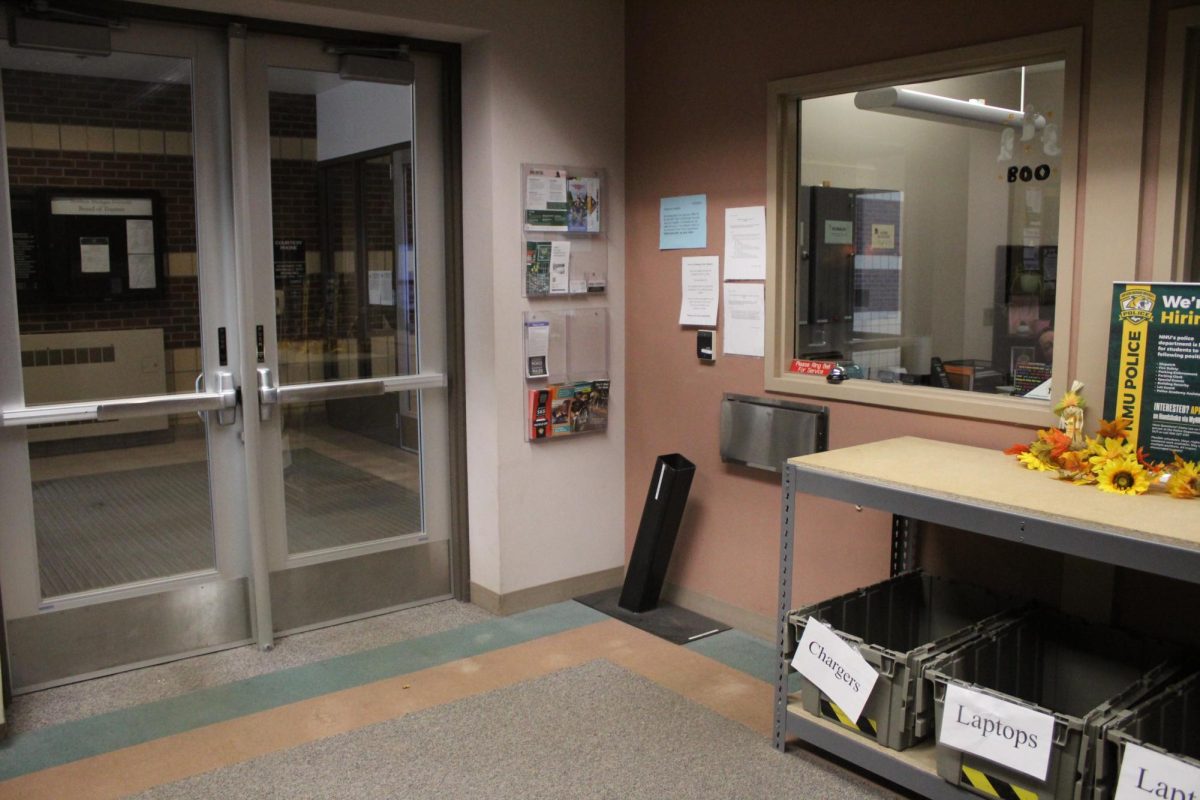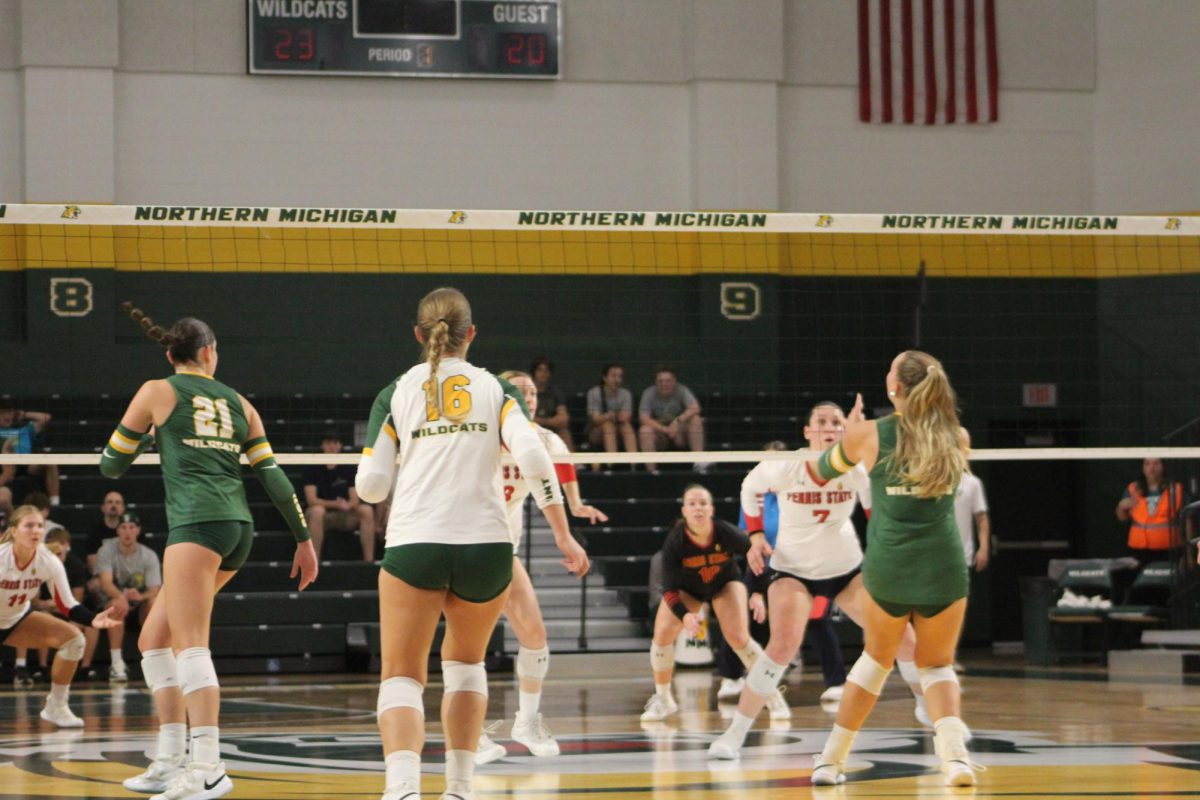Discussion of NMU’s becoming a smoke-free campus has been going on since the late 1980s and early 1990’s. It became a more serious consideration after Les Wong became university president in 2004.
“Dr. Wong has a strong interest in increasing the health and well-being of the student body and faculty and staff,” said Cindy Paavola, director of communications and marketing. “He proposed a discussion about a smoke-free campus shortly after he arrived on campus.”
The research on what it would take to become a smoke-free campus was moved to the backseat because there have been other critical issues, such as dealing with the decreases in state appropriations and pressure on the budget. However, the consideration of a smoke-free campus seems to be the highlight of many conversations at NMU lately.
NMU student Laura Nagle, who recently quit smoking, views a smoke-free campus as positive.
“You do not need a cigarette that bad,” Nagle said. “It is a good way to increase will power. However, some students might see it as something that takes away from personal rights and choices.”
Paavola said a smoke-free campus is being considered to improve the current well being of students, faculty, and staff members. More universities, businesses, and states across the country are becoming smoke free as a way to be healthier.
“It’s really a national discussion, and NMU students and employees are addressing it from the local level of how it would impact their working, studying and living environments,” Paavola said.
Talk about health care costs has been an increasing topic of discussion on campus. There is more pressure to have employees contribute more toward their health care. As health care costs continue to steadily climb, the campus community has been focusing on how to control health care costs and improve the current well being of students, faculty, and staff members.
Freshman Devon Kyser is a smoker living in the dorms affected by the smoking ban on campus.
“I would be devastated,” Kyser said. “I am trying to start a hookah club on-campus and I probably would not be able to do that if NMU became a smoke-free campus.”
Another aspect to consider is how a smoke-free campus would affect student’s class work.
“When you have class on-campus for many hours of the day, it will become hard to sit in class and pay attention,” said Jason Wodek, a senior at NMU. “With very little time in between classes, a smoke-free campus would not allow me to smoke for several hours at a time. This will affect many students.”
Paavola said the university may put out another campus-wide survey again, like they have done in the past to collect information about how people feel on the topic. A committee might be created to develop recommendations to bring to the executive administration, since the campus is looking at different possible future health and well-being initiatives.
The committee member would take into account all of the past and current campus feedback on the topic. The president and vice president would decide whether to bring the proposal to the NMU Board of Trustees. If the smoking ban gets this far, then the Board of Trustees would have to vote on whether to adopt the plan to make NMU a smoke-free campus.
If the board approves NMU to become a smoke-free campus, the committee or another appointed committee, and areas of campus that are most impacted by the change will need to work on an execution plan, which could be a multi-year phase.
Discussion of a smoke-free campus reopened
September 8, 2011
Story continues below advertisement
More to Discover



























